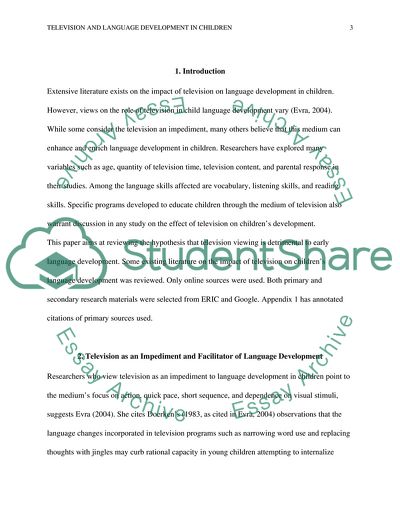Cite this document
(Television and Its Role in Language Development in Childrennt Literature review, n.d.)
Television and Its Role in Language Development in Childrennt Literature review. https://studentshare.org/media/1730915-child-language-development
Television and Its Role in Language Development in Childrennt Literature review. https://studentshare.org/media/1730915-child-language-development
(Television and Its Role in Language Development in Childrennt Literature Review)
Television and Its Role in Language Development in Childrennt Literature Review. https://studentshare.org/media/1730915-child-language-development.
Television and Its Role in Language Development in Childrennt Literature Review. https://studentshare.org/media/1730915-child-language-development.
“Television and Its Role in Language Development in Childrennt Literature Review”. https://studentshare.org/media/1730915-child-language-development.


